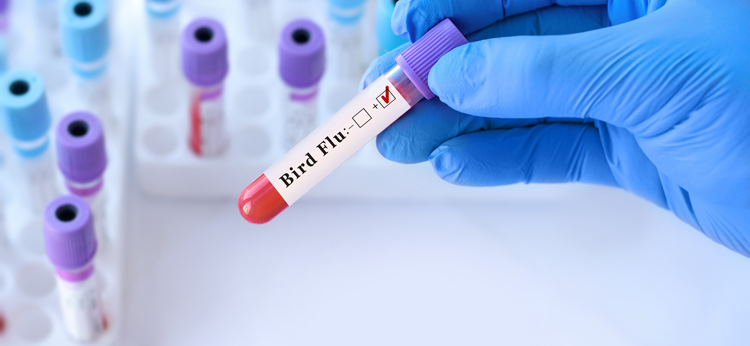
Following the confirmation of highly pathogenic avian influenza (HPAI) in dairy cattle in the states of Texas, New Mexico, Kansas, Idaho, and Michigan, a human case of HPAI has also been identified. This is just the second person in the United States to be diagnosed with HPAI, with the first case occurring in 2022.
According to the Centers for Disease Control and Prevention (CDC), the affected person worked with cattle on a Texas dairy presumed to be infected with HPAI. The person has reportedly mild symptoms and is being treated with an antiviral medication.
The CDC reiterated that the risk of HPAI spreading to the general public is low. Pasteurized milk and properly prepared and cooked meat are safe to eat.
Even though the human risks are minimal, this is a good time to remember basic steps that can help keep farm workers safe as they care for animals on a daily basis. John Shutske, a professor and agricultural safety and health specialist with the University of Wisconsin-Madison, shared five practices that reduce exposure to bacteria on the farm in a video series for dairy workers.
“Any person who works with animals will be exposed to many types of bacteria,” he said. While some are harmless, others known as pathogenic bacteria can make people sick. Humans can be exposed to bacteria through materials such as manure, urine, saliva, mucous, and raw milk.
To minimize risk, Shutske’s first piece of advice is for people to wash their hands and forearms regularly, especially after working with animals or handling manure and before touching or eating food.
People should avoid touching their face when working, Shutske recommended next. This includes the mouth, nose, and eyes. Keep scratches or wounds clean and covered because bacteria can enter through any break in the skin.
Another helpful practice is to store food in a clean location and only eat in designated eating areas. Avoid eating when working with animals and do not eat where animals are kept, he said.
Shutske also recommended wearing personal protective equipment (PPE) when appropriate. This includes gloves, boot covers, coveralls, face masks, and eye protection.
Lastly, Shutske said to have dedicated work clothing and boots that stay on the farm and are washed daily. “Work clothes and boots should not be worn in personal vehicles or at home,” he advised.








